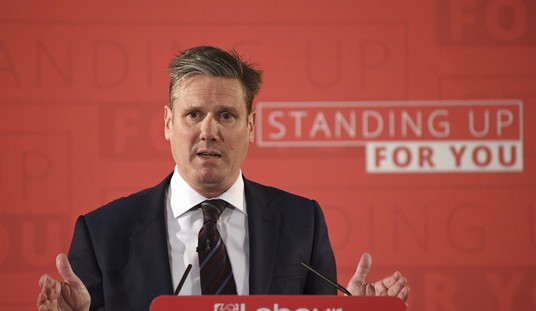When I first saw this brief headline at Outside the Beltway I almost moved on because it sounded like such a silly premise. Is it ever okay for the President to lie? It’s a question that Doug Mataconis originally picked up from Dave Schuler. Clearly my gut reactions to questions aren’t always right, or at least in this case there might be a bit more to the question than meets the eye. First, Doug expands on the subject.
The gut reaction of course is that it’s never okay for any elected official to lie to the American people. At the same time, though, it does kind of depend on what the definition of “lie” happens to be. Is it a lie to fail to disclose classified data that would embarrass the Administration, but which would also potentially place American intelligence agents and assets in danger? What if it was a lie that, if not spoken,would endanger national security?
Schuler offers a pop quiz style selection of four possible answers:
– Never
– Whenever he feels it’s necessary—it’s one of the things he was elected to do
– When lives are at stake
– Some other circumstances?
So my initial reaction was simply, “hell no.” But with even a few moments of thought the question became a little more complicated. So let’s find out where people stand on this, but first there should be a couple of ground rules which could help prevent at least some muddying of the waters.
Being wrong is not the same thing as lying. The term lying implies an intention to deceive. Saying something you believe to be true which later proves to be incorrect is not lying.
Incorrect predictions are not lies. We can eliminate any statements made which involve things which have not yet happened. You can claim that “raising taxes on the rich will solve our nation’s economic problems” and not be lying. You’ll probably turn out to be hilariously inaccurate, but you weren’t lying.
Generalizations and outrageous opinions are not lies. You are free to say that liberals hate America or that conservatives hate poor people and minorities if you wish. You probably won’t be taken very seriously, but it doesn’t pass muster as a “lie.”
So let’s restrict this to statements about past events or existing conditions which the speaker can rationally be demonstrated to have knowledge of. Of course we expect – or at least wish for – honesty and transparency from our president. But are there exceptions to that rule?
The first one that comes to mind is in the case of operational secrets regarding military action or intelligence operatives. I suppose an answer of “no comment” would be more honest, but I can also imagine times where you would want to throw off the enemy by engaging in a disinformation campaign. You can always clear the air later with the American people and explain why you did it.
But, as Doug asks, what if it’s a lie for political convenience? How about lies regarding personal, private behavior unrelated to the job? (So, you “did not have sexual relations with that woman.” Okie dokey.) What if it’s just something that you’re embarrassed about but which doesn’t substantively affect anyone else? Let’s put it to a vote, but we’ll change Dave’s options a bit.








Join the conversation as a VIP Member